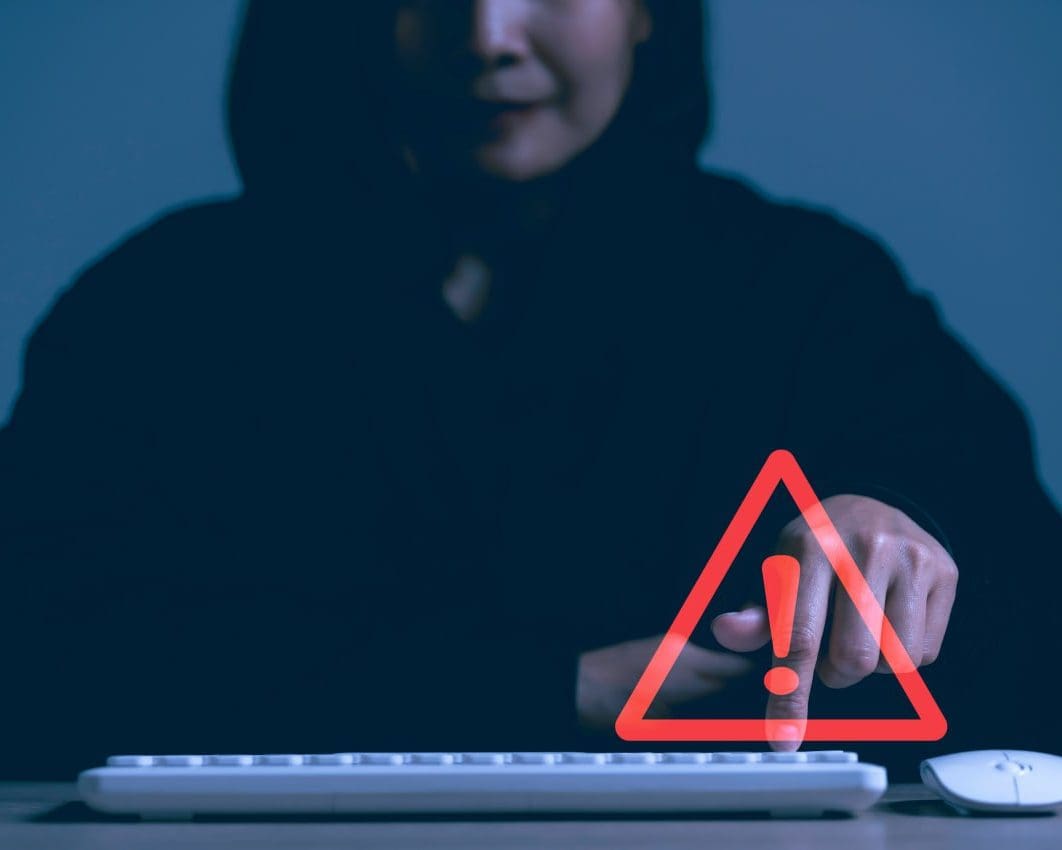
The holiday season is a time when most people are busy, happy, and focused on family, gifts, and celebrations. But while you’re shopping and sharing, scammers are also hard at work, looking for ways to trick you online. They use fake emails and text messages—called phishing and smishing—to steal your personal information and money. By knowing what to look for, you can keep yourself safe and make sure your holidays stay joyful.
This article will show you how these scams work, why they happen more during the holidays, and what you can do to avoid them.
Why Are There More Scams During the Holidays?
Scammers take advantage of the holidays because people are busier, and there’s more shopping and giving going on. This makes it easier for fake messages to slip through. Here’s why:
- We get more emails and texts than usual. You might be expecting updates about your online orders or messages about holiday deals. This makes it harder to spot a fake message pretending to be from a real company.
- People want to give back. Many like to donate to charities, and scammers take advantage by sending fake requests for money.
- There’s a rush to get the best deals or gifts. When you’re in a hurry, you might not think carefully before clicking a link or giving out your information.
What Are Phishing and Smishing?
These words might sound confusing, but the tricks are simple.
- Phishing happens when scammers send fake emails that look like they’re from real companies, banks, or delivery services. These emails try to get you to share private information like passwords or credit card numbers.
- Smishing is just like phishing, but it happens through text messages on your phone.
Both types of scams usually try to scare you or get you excited so you act fast—before you can realize it’s a trick.
Common Holiday Scams You Should Know
Scammers use similar tricks every year, but knowing what to watch for helps a lot.
Fake Delivery Messages
One of the most common scams is a fake delivery notice. You get an email or text that looks like it’s from FedEx, UPS, or the post office. The message might say there’s a problem with your package or that you need to pay a fee to get it delivered. If you click the link, you end up on a fake website that tries to steal your information or credit card number.
Phony E-Cards and Gift Cards
Scammers know people love getting e-cards or gift vouchers around the holidays. You might get an email about a special greeting or a free gift card from a big store. If you click the link, it could install harmful software on your computer or phone. This software can steal your information or let scammers control your device.
Fake Charities
Many people feel generous during the holidays, and scammers look to take advantage. You might get fake emails or texts asking you to donate to a charity. These messages look real and may use sad stories or photos to get you to give money. But if you donate, your money goes straight to the scammer—and no one else.
Deals That Seem Too Good to Be True
When Black Friday and Cyber Monday hit, everyone looks for the best deals. Scammers send emails or ads for big discounts on popular items. But these deals are fake. If you try to buy, you might get a fake item—or nothing at all. The scammer keeps your money and your payment info.
How Can You Stay Safe From Holiday Scams?
You don’t have to be a tech expert to protect yourself. Use these simple tips:
Stop and Think Before You Click
If you get a message you weren’t expecting, don’t rush. Look out for urgent, threatening, or unbelievably good offers—they’re red flags.
Check Links and Who Sent the Message
Always look at where a link goes before clicking. On a computer, hover over it with your mouse. On your phone, press and hold. If it doesn’t match the real website, don’t click it! Also, look at the sender’s email address. Scammers often use addresses that look almost like the real ones.
Visit Official Websites Directly
If you get a message about an order, delivery, or account, don’t use the links in the message. Open your browser and type the official website address yourself. Check your account from there.
Never Share Private Information
A real company will never ask you for your full password, Social Security number, or full credit card number in an email or text. If someone asks, it’s likely a scam.
Use Two-Factor Authentication (2FA)
Set up 2FA on important accounts like email and banking. This means you need a password and a code sent to your phone. Even if a scammer gets your password, they can’t get into your account without the code.
Have Safe and Happy Holidays
The holidays should be a time for fun, not for fighting scams. If you stay cautious, think before you click, and use the tips in this article, you can avoid falling for phishing and smishing. And if you find you need further help, contact a specialist at Absolute Technology Solutions. Trust your instincts, don’t let anyone rush you, and keep your holidays merry and safe!
Share this Post










